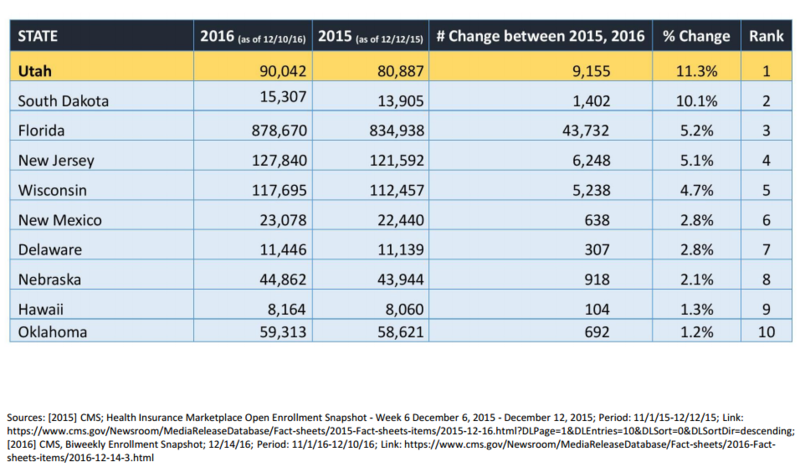Purpose: The purpose of the Network Planning program is to assist in the development of an integrated health care network, specifically for entities that do not have a history of formal collaborative efforts, in order to: (i) achieve efficiencies; (ii) expand access to, coordinate, and improve the quality of essential health care services; and (iii) strengthen the rural health care system as a whole..
Project Period: June 1, 2017 – May 31, 2018
Application Due Date: January 3, 2017
Eligibility: The applicant organization must be a rural nonprofit or rural public entity that represents a consortium/network of three or more health care providers. Federally-recognized tribal entities are eligible to apply as long as they are located in a rural area. The applicant organization must be located in a non-metropolitan county or in a rural census tract of a metropolitan county, and all services must be provided in a non-metropolitan county or rural census tract.
Network Composition: The networks must be composed of at least three separately owned health care providers that may be nonprofit or for-profit entities. The applicant organization along with each network member who will be receiving any of the grant funds must have separate and different Employer Identification Numbers (EIN). Networks may include a wide range of community partners providing health care including social service agencies, faith-based organizations, mental health agencies, charitable organizations, educational institutions, employers, local government agencies or other entities with an interest in a community’s health care system.
Focus Areas: applicants must clearly identify one of the following focus areas (specifying the sub-category) that your network planning activities will address:
1. Population Health
Subcategories -
i. Care Coordination
ii. Patient Engagement
iii. Data Analytics/Health Information Technology
iv. Physician and Health Care Provider-Hospital Alignment
**Networks may concentrate their efforts towards addressing prescription opioid and heroin-related morbidity and mortality
2. Alleviating Loss of Local Services and Access to Care
Subcategories -
i. Rural Hospital Closure or Conversion
ii. Rural Hospital Financially At-Risk of Closing
iii. Enhancing Sustainable Emergency Medical Services
iv. Telehealth
**Networks may focus their efforts on a health topic being addressed through the collaboration between a federally qualified health center and a critical access hospital.
Planning Activities: you must describe planning activities that support at least one of the three legislative aims described below:
Aim #1: Achieve efficiencies - planning activities may include, but are not limited to:
a) Conducting a community health needs assessments at the regional and/or local level.
b) Updating a health information technology plan.
c) Collaborating with the local hospital to develop an implementation plan to address community needs.
Aim #2: Expand access to, coordinate, and improve the quality of essential health care services. Planning activities may include, but are not limited to:
a) Developing a network business and/or operations plan., which may include:
· Identifying the degree to which the network members are ready to integrate their functions and share clinical and/or administrative resources.
· Developing a plan to expand the role of emergency medical services within the community.
· Developing a plan to ensure access to essential services in communities that have lost a hospital or consider options for ensuring access in areas where the hospital is at risk of closing.
Aim #3: Strengthen the rural health care system as a whole. Planning activities may include, but are not limited to:
a) Identifying opportunities for the network to better address regional and/or local population health needs.
b) Identifying and establishing ways to obtain regional and/or local community support/buy-in around the development of the network.
c) Identify a strategy to leverage broadband connectivity to support health information technology applications in rural communities.
d) Developing a transition plan that assures seamless access to care across a full range of services, in the event of a hospital closure/conversion.
|
|
Funding Opportunity Number:
|
HRSA-17-016
|
Due Date for Applications:
|
January 3, 2017
|
Anticipated Total Annual Available Funding:
|
$2,400,000
|
Estimated Number and Type of Awards:
|
Up to 24 grants
|
Estimated Award Amount:
|
Up to $100,000 per year
|
Cost Sharing/Match Required:
|
No
|
Project Period:
|
June 1, 2017- May 31, 2018 (1 year)
|











